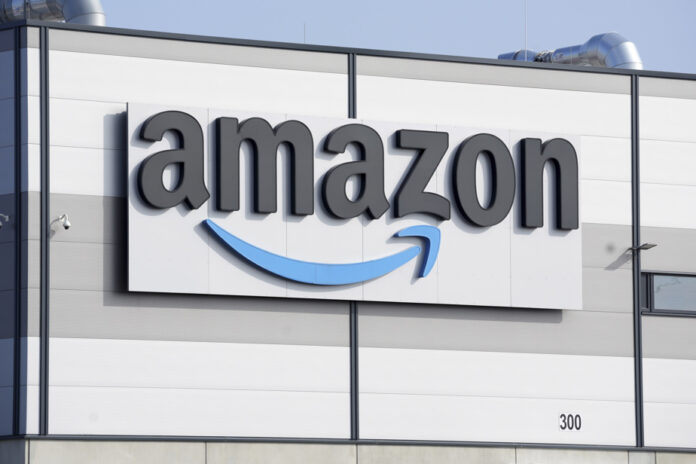(San Francisco) After years of investigations and tensions between political powers and Amazon, the American competition authority (FTC) and 17 states filed a complaint on Tuesday against the technology giant, accusing it of “maintaining illegally its monopoly” through “anti-competitive and unfair strategies.”
“It is not Amazon’s size that is at issue,” the FTC said in a statement, but its “illegal methods that aim to exclude competitors, prevent them from developing and prevent alternatives from emerging.” .
According to the federal agency, Amazon, for example, discourages sellers from offering prices lower than its own on products where the Seattle group competes with retailers.
The authority also criticizes the American giant for making merchants’ eligibility for “Prime” (a subscription which allows consumers to have them delivered quickly) conditional on the use of Amazon’s “expensive” logistics services.
“Amazon is exploiting its monopoly power to enrich itself, while driving up prices and degrading service for the tens of millions of American families who shop on its platform and the hundreds of thousands of companies that depend on Amazon” to market their products, asserts the president of the FTC, Lina Khan, quoted in the press release.
“The complaint filed today clearly shows that the FTC has radically departed from its mission to protect consumers and competition,” responded David Zapolsky, a vice president of Amazon, in an online statement.
He assures that the practices questioned by the authority have on the contrary “contributed to stimulating competition and innovation throughout the retail sector, and have made it possible to offer greater choice, lower prices lower prices and faster delivery times to Amazon customers”.
The American group, which achieved $134.4 billion in turnover and posted a net profit of $6.7 billion in the second quarter of this year, regularly highlights the increase in sales made by merchants on its platform.
In 2022, “more than 60% of sales on Amazon came from independent sellers, the majority of whom are small and medium-sized businesses,” the company said last month.
If the FTC wins, it “will force Amazon to implement measures that harm consumers and SMEs,” assures David Zapolsky.
But for many NGOs, SMEs suffer on the contrary from an unfavorable balance of power.
“SMEs have been waiting for this moment for a very long time,” commented Stacy Mitchell, co-director of the Institute for Local Self-Reliance, which campaigns for local and environmentally friendly consumption, on Tuesday.
“By controlling market access, Amazon can favor its own products if it wants, spying on companies by stealing their best ideas and data. She can dictate her law and govern with astonishing contempt. One day, she gives a seller the “delivery within 24 hours” option. The next day, she suspended her account, completely wiping out her sales.”
The platform represents 37.6% of online sales in the United States according to Insider intelligence, far ahead of supermarkets Walmart (6.8%), Apple (3.5%) and eBay (3.1%).
Many American elected officials and the Democratic government of Joe Biden have been trying for years to fight against the “monopolies” of technology giants, with little success.
This summer, the FTC had to suspend its procedure to block the acquisition of Activision Blizzard (video games) by Microsoft, after a series of legal setbacks.
Lina Khan, chair of the FTC since 2021, rose to prominence when she was still a student, with an article titled “The Amazon Antitrust Paradox,” published in 2017 in the Yale University Law Review.
She considered that the American legislative arsenal was insufficient to fight against the monopolistic practices of groups like Amazon.
In June 2021, the company submitted a complaint to the FTC, accusing its manager of lack of impartiality.
But that has not stopped the federal agency from moving forward on several fronts.
Last June, the FTC filed a complaint against Amazon for “tricking consumers” with its Prime membership, which renews automatically and is “complicated” to cancel.
The institution also attacked the group over respect for data confidentiality. Last May, Amazon agreed to pay more than $30 million to settle lawsuits against Ring and Alexa (connected doorbells and speakers, security cameras), two product lines that collect a lot of information about their users.















